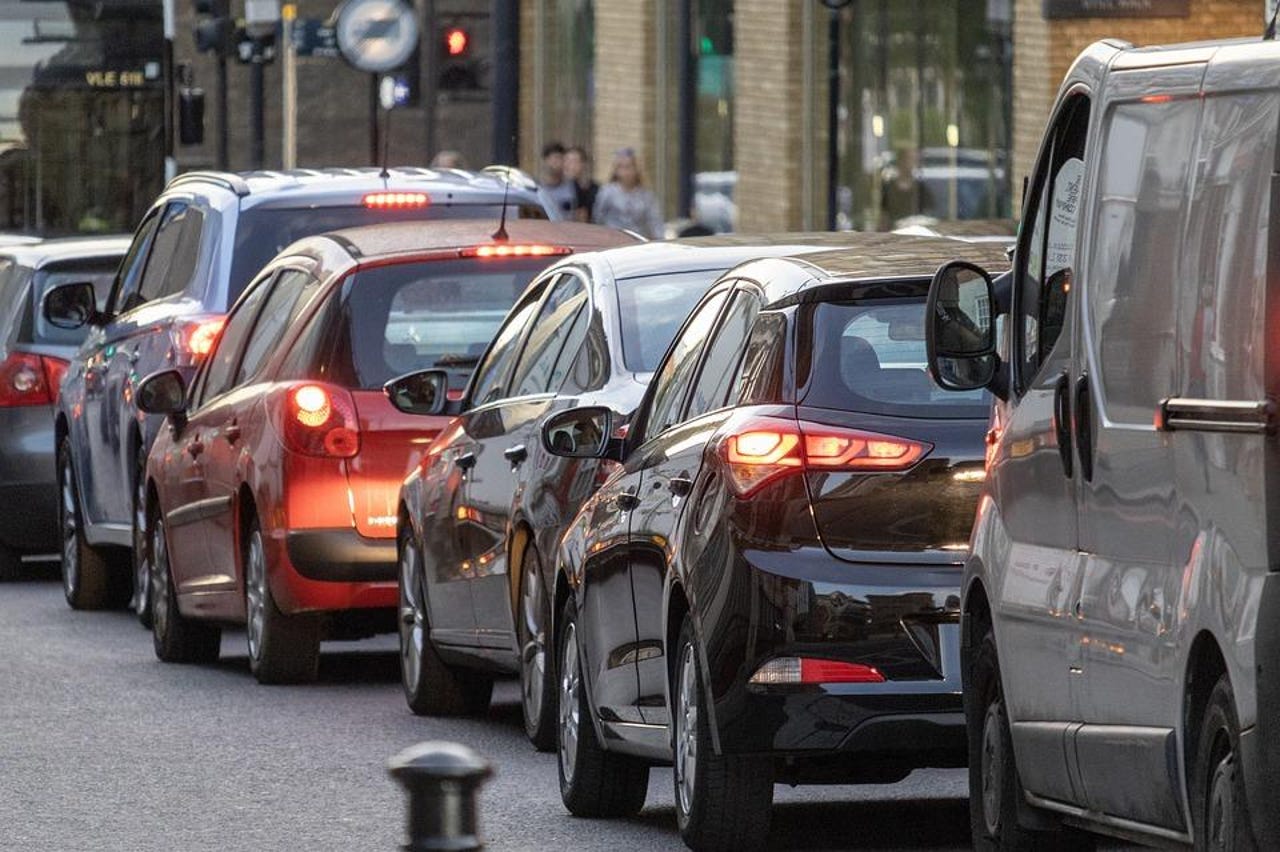Rush hour: Unexpected ways your commute correlates to your satisfaction


With average commute times edging toward half-an-hour and longer in big cities, and with many still opting for cars over public transportation, workers face a telling choice every morning and evening: What to do to fill the time in the car? Understanding the answer to that question can help us glean insights into everything from our relationship with our work and wellbeing to public safety.
Did you know that 2% of commuters surveyed recently admitted to playing games on their phones while driving? Games!?
That's according to driving-tests.org, which conducted a survey of about a thousand commuters to identify rush hour priorities and behaviors. The company then compiled a report correlating the behaviors to responses about job satisfaction and wellbeing with some telling results.
Predictably, those who drive during their commute were more likely than those using public transportation and other means of travel to listen to music (73.6% vs. 35.6%) and listen to podcasts (26.8% vs. 13.3%). Those using alternative transportation, on the other hand, were far more likely to use social media (26.7% vs. 5.2%) and browse the internet (25.6 vs. 4.2%) than their driving counterparts.
Where it starts to get interesting is in the breakdown of preferred commute activity by job type. Those in creative fields, for example, were most likely to listen to podcasts. Tech workers, however, were most likely to want to make phone calls or connect with people during their commute.
The activity a driver chooses to engage in during their commute also corresponds quite strongly to job satisfaction. The vast majority of people who listen to the news during their morning commute (81.4%) report that they're satisfied with their job (possiblybecause anything would look rosy in comparison to the news). By contrast, only 66.2% of people who listen to music during their drive time commute reported being satisfied with their job.
The time of the commute also had a clear impact on satisfaction with certain elements of work. For example, 73.7% of workers whose commute lasted 30 minutes or less reported being satisfied with their job security. That's compared to 66.2% of workers with longer commutes. A full 10% more workers (46.2% vs. 36.2%) with shorter commutes felt satisfied with their opportunities for promotion.
Finally, and perhaps not surprisingly, a large number of commuters spend the morning portion of their commute planning their work day. In fact, one of the top line results of the survey may be that nearly half of respondents (48%) are giving their employers a tremendous amount of their unpaid time in the form of workday planning and associated work tasks on their way to the office. Taking the average commute into account, the unpaid time equates, on average, to about $1500 yearly in uncollected salary.